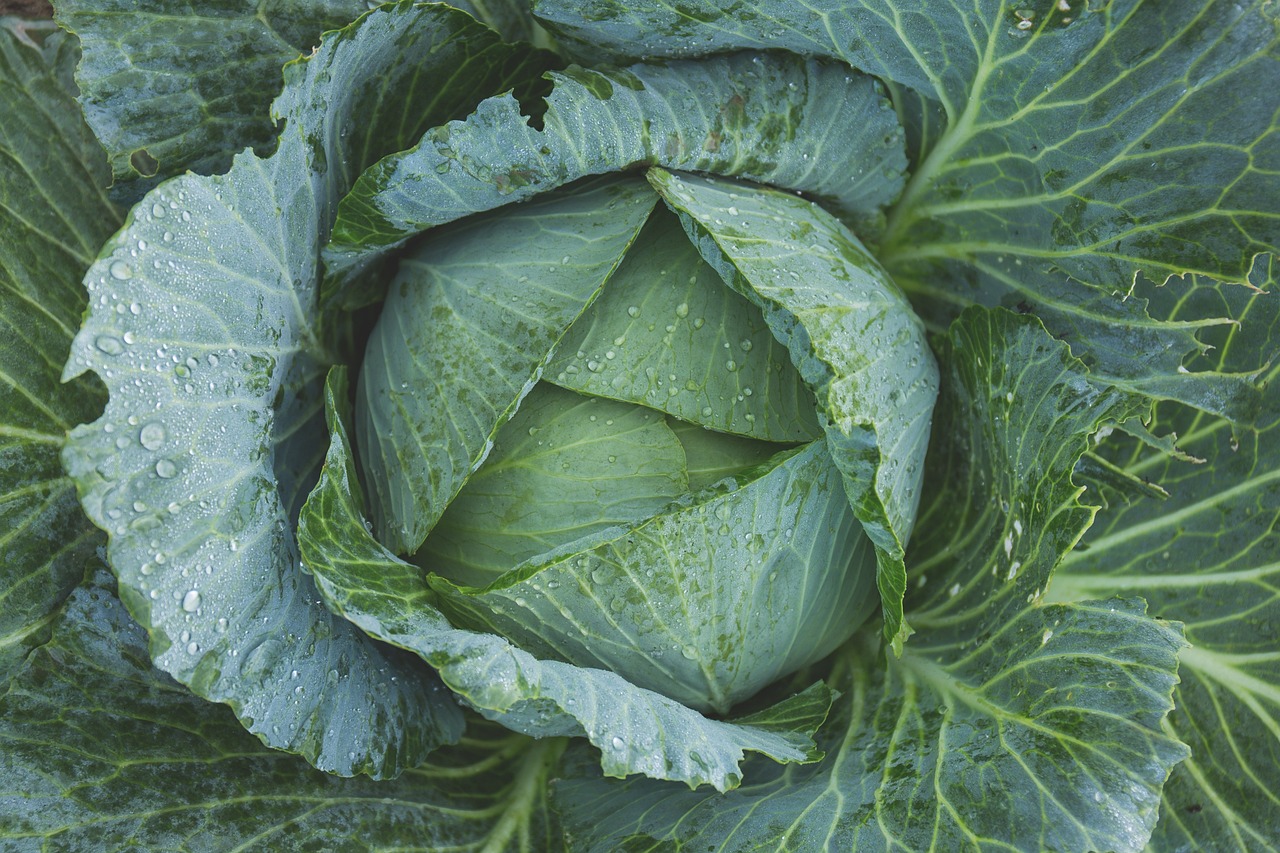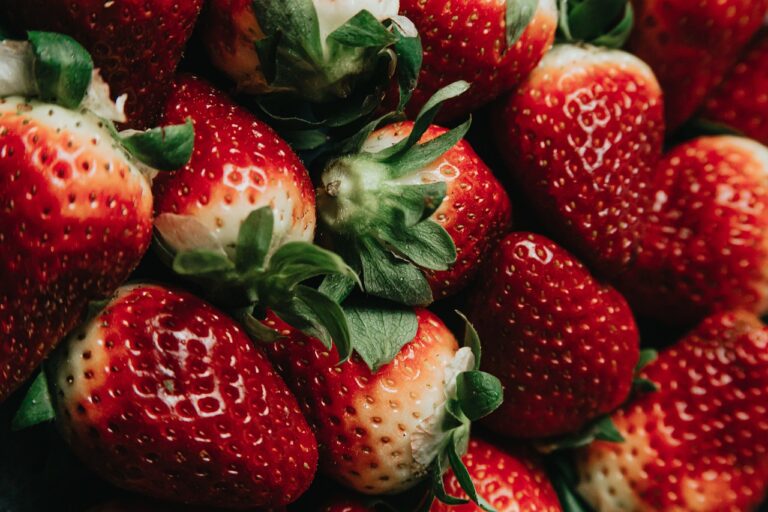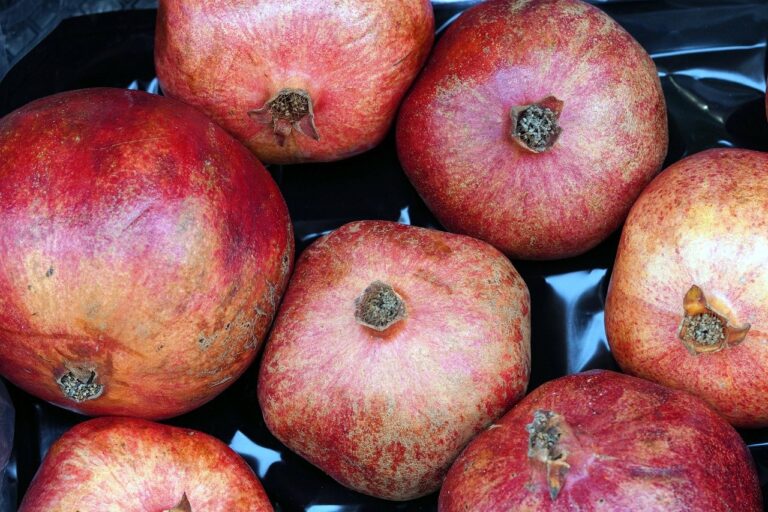Chocolate as an Aphrodisiac: Myth or Reality?
Laser247, lotus365, sky247 login:Chocolate has long been celebrated for its rich, decadent flavor and its ability to uplift our spirits. But beyond its delicious taste and mood-boosting properties, many people believe that chocolate holds a hidden power – the power to ignite passion and enhance romantic experiences. In other words, chocolate is often touted as an aphrodisiac.
But is this belief based on fact or is it merely a myth? In this article, we’ll explore the tantalizing connection between chocolate and romance, delving into the science behind chocolate’s potential aphrodisiac qualities and uncovering whether chocolate truly has the power to set the mood for love.
The History of Chocolate as an Aphrodisiac
The notion of chocolate as an aphrodisiac is not a new concept. In fact, chocolate has been linked to romance and sensuality for centuries. The ancient Mayans and Aztecs believed that chocolate was a gift from the gods, and it was often used in sacred rituals and ceremonies to enhance feelings of love and desire.
When chocolate first made its way to Europe in the 16th century, it quickly gained a reputation as a luxurious and indulgent treat with potential romantic benefits. European aristocrats would indulge in rich chocolate drinks and desserts as a way to seduce and court their loved ones.
In modern times, chocolate continues to be associated with romance and passion. From heart-shaped boxes of chocolates on Valentine’s Day to chocolate-covered strawberries on romantic dates, chocolate has become synonymous with love and desire in popular culture.
The Science Behind Chocolate’s Aphrodisiac Potential
But is there any scientific basis to support the idea that chocolate can act as an aphrodisiac? Some studies suggest that there may be a connection between chocolate consumption and increased levels of arousal and desire.
One reason for chocolate’s potential aphrodisiac effects lies in its chemical composition. Chocolate contains several compounds that can stimulate the brain and body in ways that may enhance feelings of pleasure and desire. For example, chocolate contains phenylethylamine, a compound that can act as a mood enhancer and stimulate feelings of euphoria.
Additionally, chocolate contains caffeine and theobromine, both of which are stimulants that can increase heart rate and improve mood. These compounds can create a sense of alertness and energy, which may translate into heightened feelings of arousal and passion.
Chocolate also contains small amounts of anandamide, a neurotransmitter that can mimic the effects of THC, the active compound in marijuana. Anandamide is known to produce feelings of bliss and euphoria, which could contribute to the perceived aphrodisiac qualities of chocolate.
Furthermore, the act of eating chocolate itself can be a sensual experience. The rich, creamy texture and intense flavor of chocolate can stimulate the senses and create a pleasurable sensation that is often associated with indulgence and desire.
FAQs about Chocolate as an Aphrodisiac
Q: Is there any scientific evidence to support the idea that chocolate is an aphrodisiac?
A: While some studies suggest that chocolate consumption may have aphrodisiac effects, the evidence is limited and inconclusive. More research is needed to fully understand the potential link between chocolate and increased feelings of arousal and desire.
Q: Are all types of chocolate equally effective as aphrodisiacs?
A: Dark chocolate is often touted as the best choice for those looking to harness chocolate’s aphrodisiac qualities. Dark chocolate contains higher levels of cocoa, which is where many of the beneficial compounds associated with aphrodisiac effects are found.
Q: Can eating chocolate really enhance romantic experiences?
A: While chocolate can be a delicious and pleasurable treat to enjoy with a loved one, its ability to enhance romantic experiences is largely subjective. The sensual experience of indulging in chocolate may contribute to a romantic mood, but it is not a guaranteed way to increase feelings of desire and passion.
Q: Are there any potential downsides to consuming chocolate as an aphrodisiac?
A: It’s important to remember that chocolate is a calorie-dense food that should be enjoyed in moderation. Overindulging in chocolate can lead to weight gain and other health issues, which could have a negative impact on your overall well-being and romantic experiences.
In conclusion, chocolate’s reputation as an aphrodisiac is rooted in centuries of tradition and belief. While there may be some scientific evidence to suggest that chocolate has the potential to increase feelings of arousal and desire, its aphrodisiac effects are not guaranteed. Ultimately, whether or not chocolate acts as an aphrodisiac may depend on individual preferences and experiences. So, the next time you reach for a piece of chocolate, savor the moment and enjoy the indulgence – who knows where it may lead.







